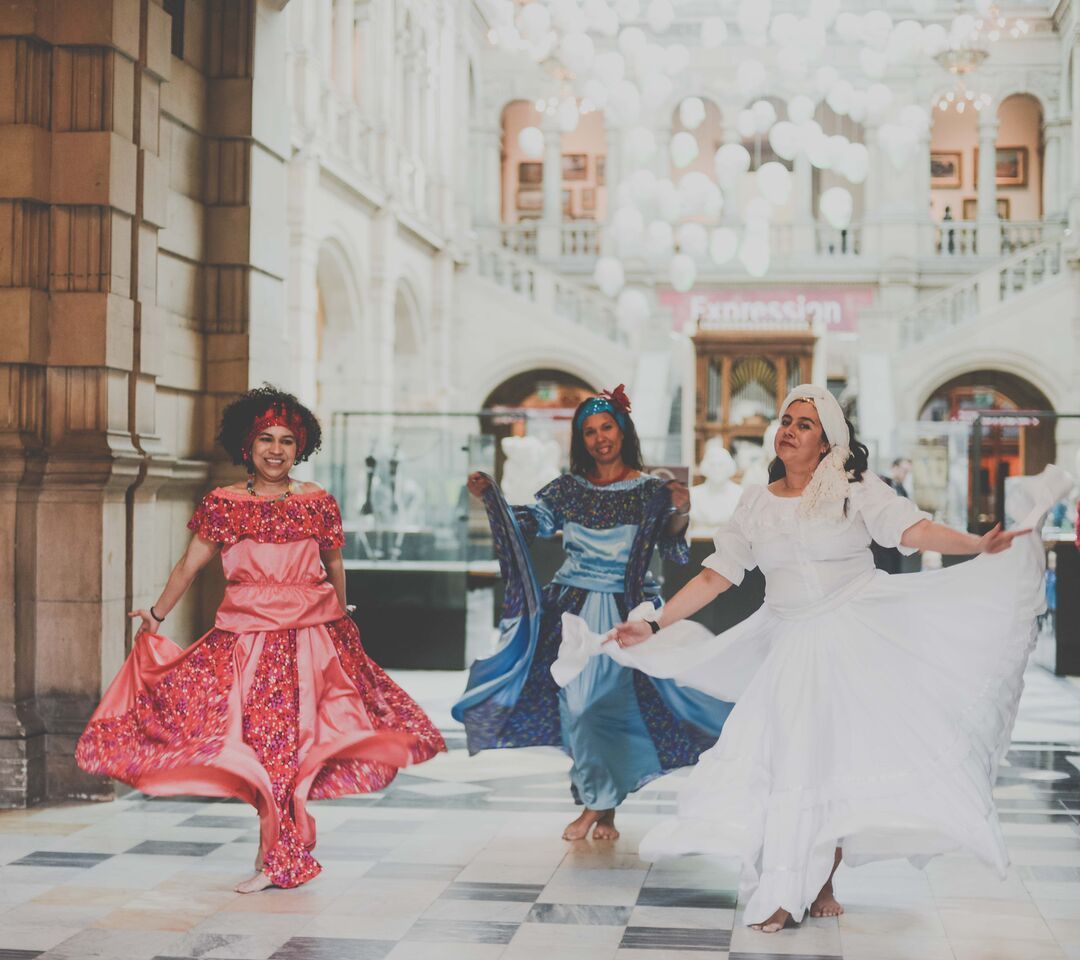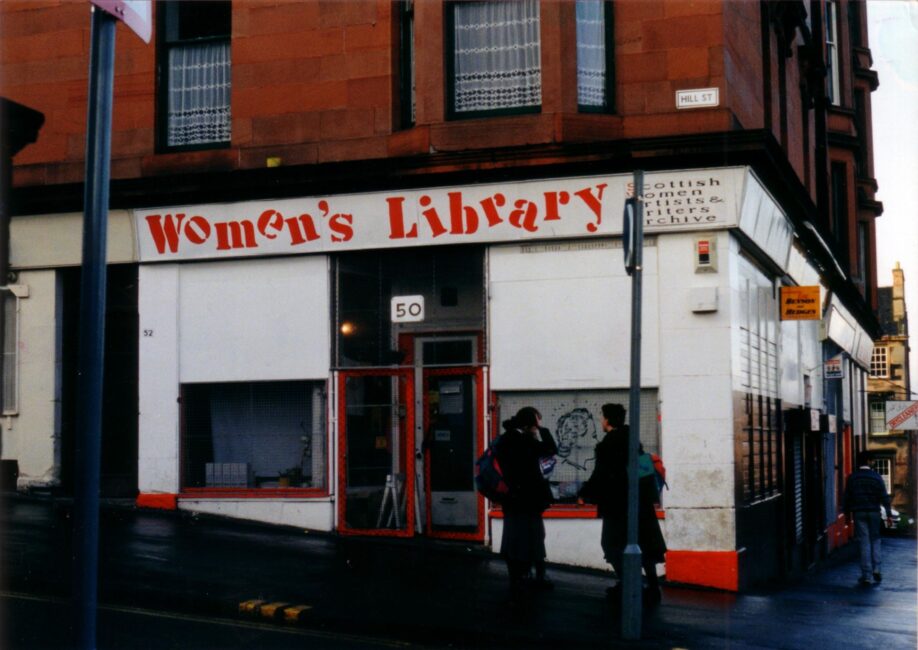by Cameo Marlatt
I want a name for this feeling that weighs
me to my sick-bed as though I have swallowed
river stones. I must have my body covered
though the fire burns day and night. I
am so fearful of even my husband and child,
and to sleep, for at night I
Dear Sir, I have received your wife’s letters and writings.
As I feared, they were useless in illuminating the cause
and nature of her unfortunate condition, being
the opaque productions of an already troubled mind.
have terrors of a diminutive woman, naked
and diseased, laid out on a slab of stone,
over whom the anatomist works with his knives
unlayering her womb like a nesting doll
of possibility or a rabbit skinned
in the kitchen basin. She smiles and speaks
a made-up language. Once I woke with relief
to find the poppy had brought on my monthly courses.
Her poor health seems designed to disguise a reluctance
to perform her wifely duties, and you should not feel ashamed
to admit your own frustrations when she shrinks from you,
though it is also natural, after so many losses,
that she should fear the consequences of another pregnancy.
Mother, the doctor has offered me no diagnoses. I believe
he asks the wrong questions and gives the wrong answers.
My sensations are to him like the cries
of an animal, the way a dog digs
and turns and turns and who knows why
it will not settle.
I would not worry yourself prematurely.
This is the usual woman’s complaint.
Enforce a strict inactivity of both body and mind.
Writing and reading in particular cause her
unnecessary distress. An increased dose of laudanum
for nerves.
I feel like a seed of wildness in a garden of perfect order.
I wish I could unwrinkle myself on washing day
along with the bedding and underclothes, make
my desires pure as printed page, possess
a body flat and unfeeling as paper. I want
a language for what ails me. My condition
ill-fits the doctor’s terms.
This poem is on the topic of science/medicine and female sexuality, from the historical perspective of the late 18th, early 19th century. It takes the form of a sort of dialogue between a woman and her doctor, and explores in part the difficulty of expressing female sexuality and sexual problems when the only language available was the dismissive masculine language of science and medicine.
Some texts that I used at GWL in researching this piece were: ‘Pictures of Women: Sexuality’ by Jane Root (Pandora Press, 1984), ‘Alice Through the Microscope: the Power of Science Over Women’s Lives’ (Virago 1980), ‘Body/Politics: Women and the Discourse of Science’ (Routledge, 1990).
I also read, independently of the project and library, ‘A Passionate Sisterhood: The Sisters, Wives and Daughters of the Lake Poets’ by Kathleen Jones, and this ended up influencing the work quite heavily as well.
Saskatchewan-born poet Cameo Marlatt has spent her life divided between the Canadian prairies and southern Ontario, where she received a BAH in English from Queen’s University. She is currently working towards a degree in Creative Writing at the University of Glasgow.





